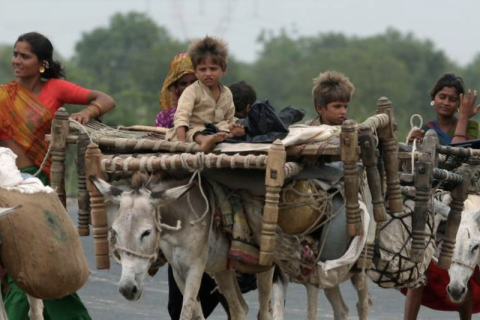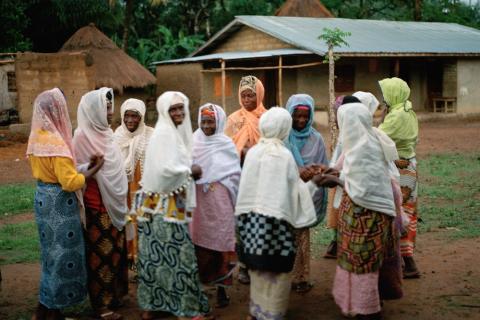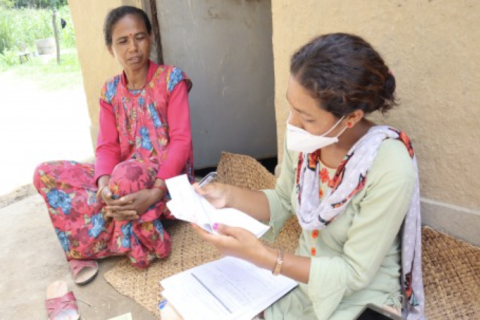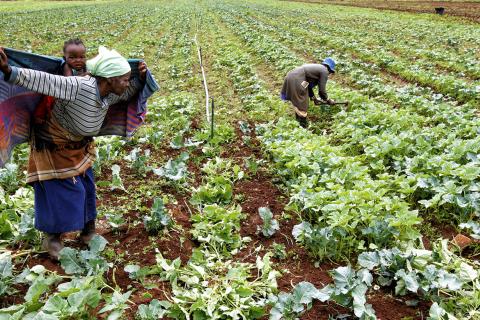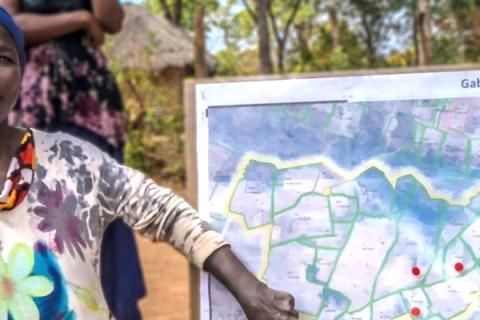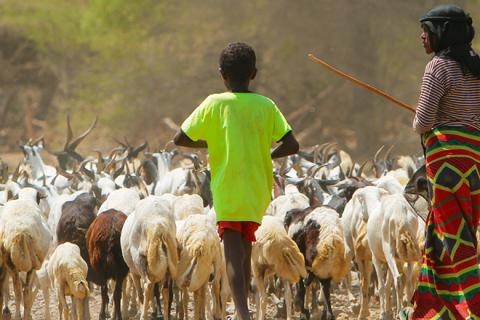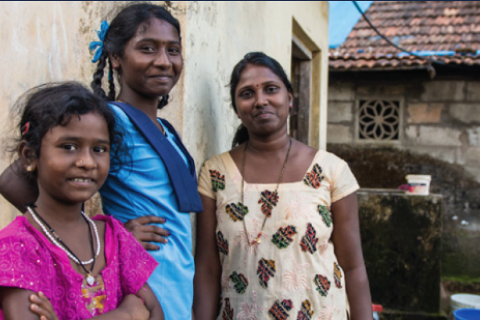Why are tribal women in India still robbed of their land rights?
In Jharkhand, eastern India, women are not entitled to own land and accusations of witchcraft are wielded against them to silence their claims to land
When Talabitti’s husband died in 2016, her claim to the family land seemed to die with him. Though her husband had worked the family land by himself, upon his death his male cousins laid their claim. If Talabitti attempted to make a competing claim, they threatened to drive her away – with violence, if necessary. Sadly, this threat materialized.

